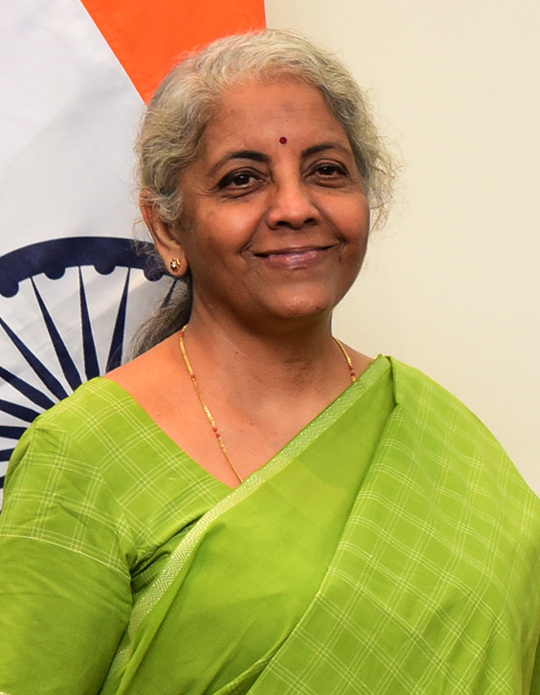In a candid conversation, Finance Minister Nirmala Sitharaman addressed ongoing concerns regarding India’s tax policies, particularly focusing on the Goods and Services Tax (GST) and its effects on the middle class. With Budget 2025 approaching and growing demands for tax relief, Sitharaman provided a detailed response to misconceptions about the government’s tax reforms.

Nirmala Sitharaman Clarifying Misconceptions About GST’s Impact on Everyday Items
Sitharaman began by tackling the common belief that GST had increased the prices of essential items such as soap, cooking oil, and combs. She pointed out that under the previous VAT and excise system, different states imposed their own taxes, sometimes making essentials cheaper in one state and more expensive in another.
“What GST did was unify the tax rates across the country, making taxation simpler,” Sitharaman explained. “It didn’t introduce taxes on essentials—those were already taxed under different systems. What GST did was streamline this process, ensuring fairness and simplicity.”
The Finance Minister emphasized that the tax rates on most everyday goods have actually decreased post-GST. She even released data to back this claim, which showcased lower tax burdens on many essential items.
A More Simplified Tax System for the Common Man
Sitharaman also defended the new tax regime introduced in recent years. Designed to reduce exemptions and simplify taxation, the new system has been met with mixed reactions. Some individuals have expressed a preference for the older system with exemptions, but Sitharaman pointed out that many taxpayers themselves wanted a simpler approach without exemptions.
“I wish to do more, but there are limitations,” she said, acknowledging the challenges in balancing fiscal health with tax relief. She added, “Many taxpayers have voiced their preference for lower rates and simplified taxation. The new system has addressed this demand by providing lower rates and fewer exemptions.”
A Personal Connection to Middle-Class Challenges
Sitharaman’s defense of her policies also included a personal note. “I come from a middle-class family that lived on salaries. I understand the challenges faced by ordinary citizens,” she remarked. Her personal connection to the issues of middle-class families added authenticity to her message, as she continued to explain how the government has worked to ensure fairness while maintaining the country’s financial stability.
Growing Calls for Tax Relief Ahead of Budget 2025
As India faces a slowdown in economic growth, with GDP growth slowing to 5.4% in the July-September quarter, many are looking to the upcoming Budget 2025 for tax relief. Reports indicate that the government is considering reducing income tax rates for individuals earning up to ₹15 lakh annually, which could provide a welcome relief to millions of urban taxpayers.
Sitharaman acknowledged the challenges faced by middle-class families in the current economic climate, noting that inflation has squeezed disposable incomes. She assured that the government remains committed to creating a tax system that works for everyone, balancing the need for revenue with fairness and simplicity.
Conclusion: Simplifying Taxes for the Common Good
In her remarks, Finance Minister Nirmala Sitharaman made it clear that the government’s focus remains on simplifying the tax system while ensuring that it benefits all citizens, particularly the middle class. The introduction of GST, the new tax regime, and potential reforms in the upcoming budget are all part of an ongoing effort to make taxation more straightforward and equitable for every Indian citizen.
With more data backing her claims, Sitharaman’s defense of the government’s tax policies presents a compelling case for the changes made, aiming to make life easier for the average taxpayer.




Leave a Reply